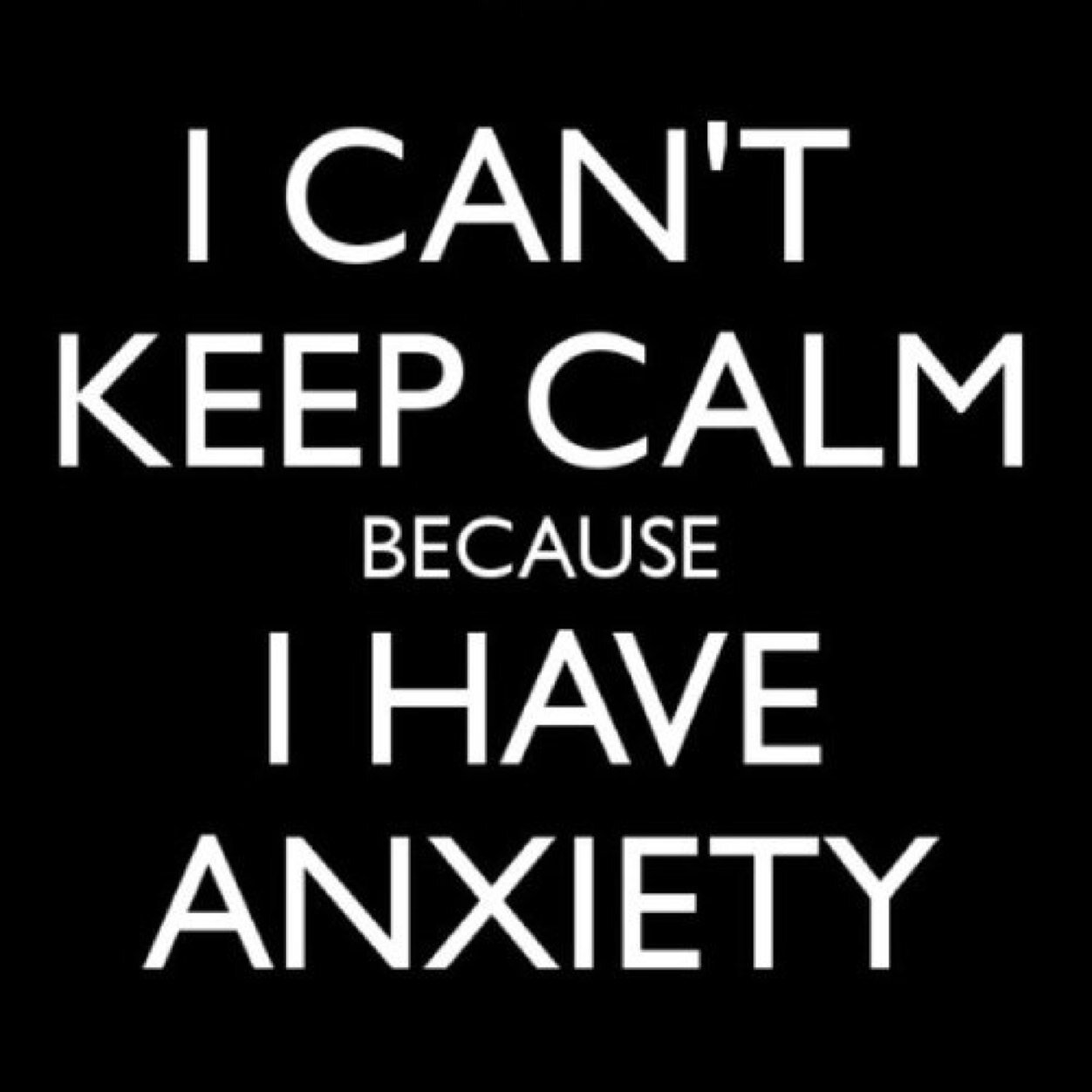
This quote is not meant to be funny. This is the truth of atrial fibrillation for most symptomatic patients.
Early in the course of atrial fibrillation, most patients are anxious. I tell them “the paradox of AFIB is that the more you have it, the less it bothers you (most people)”.
Anxiety increases risk of developing atrial fibrillation, especially after cardiac surgery.
Patients who are anxious, report stronger symptoms of atrial fibrillation. Another study reported that patients have worse quality of life when they have anxiety along with AFIB.
The YOGA My Heart study by Dr. Lakkireddy showed that yoga training (that includes meditation) reduced the anxiety associated with AFIB & the number of episodes of atrial fibrillation.
I believe in a 5 pronged attack on anxiety associated with AFIB.
- Education – reassurance that AFIB in vast majority of cases is not life threatening is important to patients. Understanding the pathophysiology of AFIB is also important. AFIB does increase stroke risk but worrying does not decrease the risk. Stroke risk and its mitigation is based on CHA2DS2-VaSC score.
- Plan of care for acute AFIB episode – what to do in case of an episode of atrial fibrillation. Rate control medications &/or pill in pocket antiarrhythmics may be an option for some patients. Pill in pocket anticoagulation is not quite there but may be an option in the future.
- Long term plan of care for AFIB – whether it be rate control only, antiarrhythmic drug therapy, or ablation procedure is discussed. Risk factor modification is also discussed since it is THE most important aspect of management and something the patient can control.
- Meditation and yoga.
- Cognitive-behavioral therapy and biofeedback.